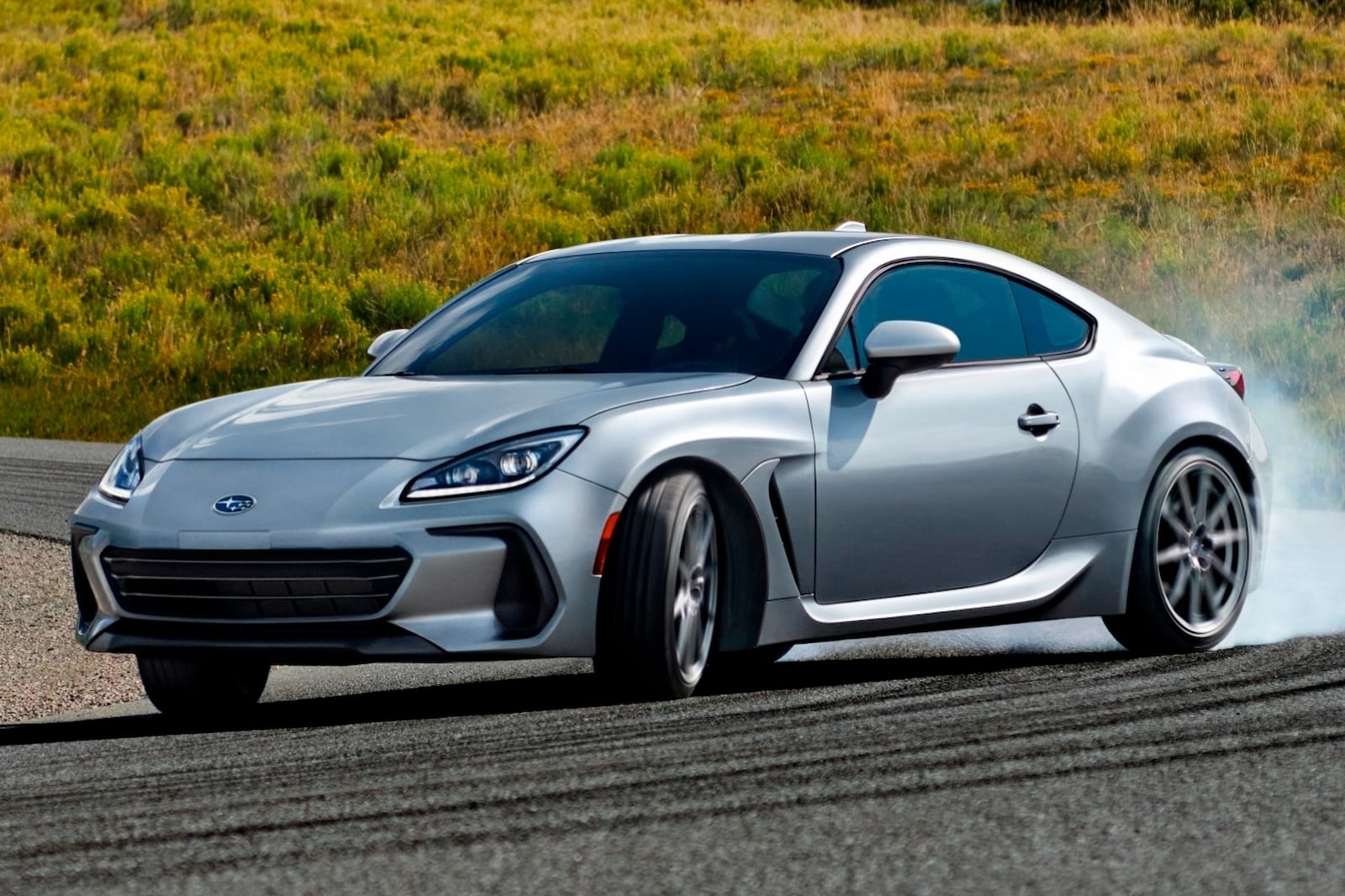
Sports cars are not something you would associate with affordable motoring. To many people, one of the prerequisites of buying and owning a sports car is that there are going to be a lot of high motoring costs to pay for, such as petrol, car insurance, maintenance and repairs.
But what if I was to tell you that actually, there was a way that you could buy and maintain a sports car without having to accumulate a debt the size of a third world country? Here are some top tips for buying an affordable sports car.
Do some research on likely costs
Just because a car looks great doesn’t mean it’s going to be highly reliable! Before you get your heart set on a particular model, I would strongly recommend that you do some research first into the likely costs that you are going to have to bear because, in some cases, it could make the difference between buying that car or looking at other models.
For example, some sports cars might be prone to cylinder head gasket issues, such as the MGF (Rover K-Series engines, I am looking at you), and such problems are quite expensive to resolve due to the amount of labour required.
Don’t buy new
I know there are many benefits to buying a brand new sports car, but my advice to you is stick with nearly-new or used cars instead.
The main reason is depreciation; brand new cars can lose anything up to 60% of their value within the first three years of their lives, so if you are setting your sights for a high-ticket sports like the Jaguar F-Type, a used Jaguar is going to be a more-affordable option for you.
Get some insurance quotes first
Although this should apply to any car you are thinking of buying, it is especially important that you get some insurance quotes before you take the plunge and spend your hard-earned cash on that sporty little number.
Some people buy their dream sports car because they managed to save up (or borrow) enough money to buy it, only to find that their car insurance quotes are somewhat astronomical!
Ironically, some dearer sports cars might even be cheaper to insure than the one you’ve got your eye one, so it’s best to use websites such as Go Compare to find out what you are likely to pay.
Don’t get a rear-wheel drive car unless you can handle it
There are more front-wheel drive than rear-wheel drive cars on the market, and for a very good reason: they are easier to control! You see, rear-wheel drive cars suffer from oversteer, which is basically what happens when the car turns more quickly than anticipated, and so you have to be experienced at correcting such problems, otherwise the results could be disastrous!
Many of the high-end sports cars have rear-wheel drive, although modern ones have an electronic stability control system to aid you if your car starts to oversteer, especially at speed.